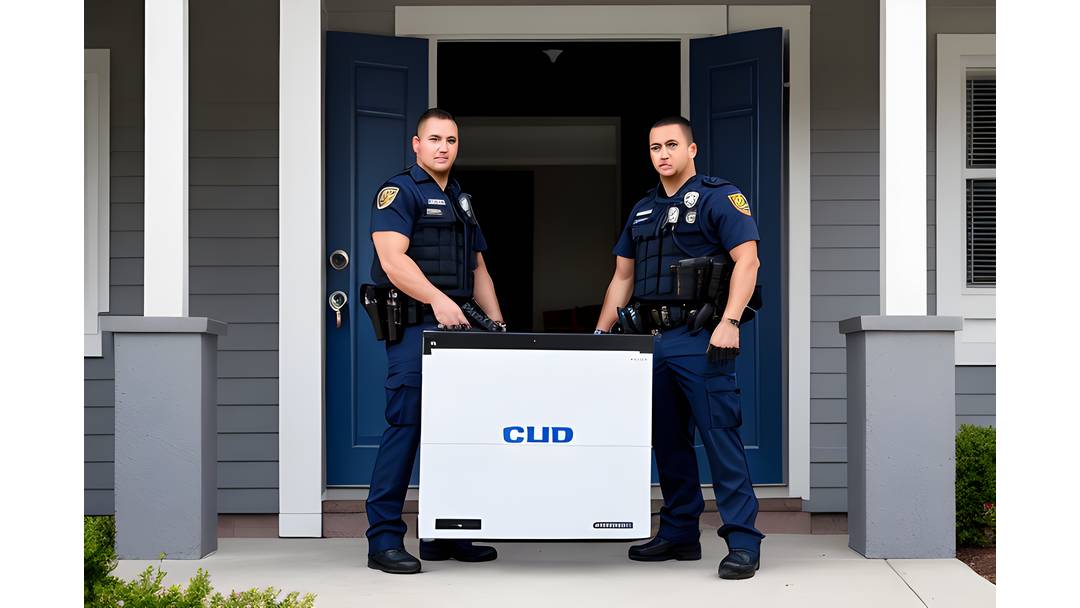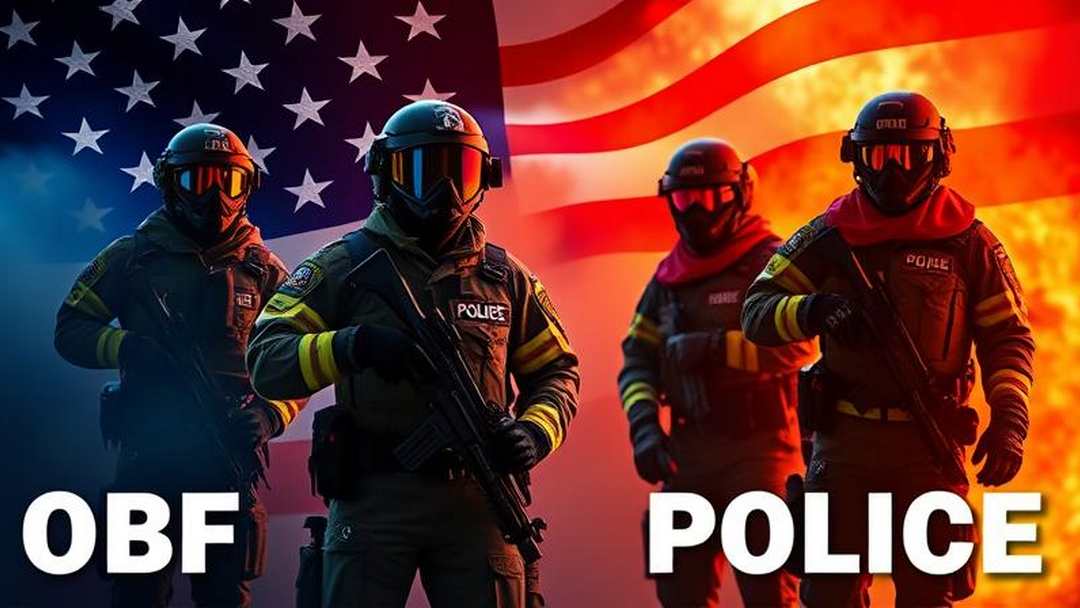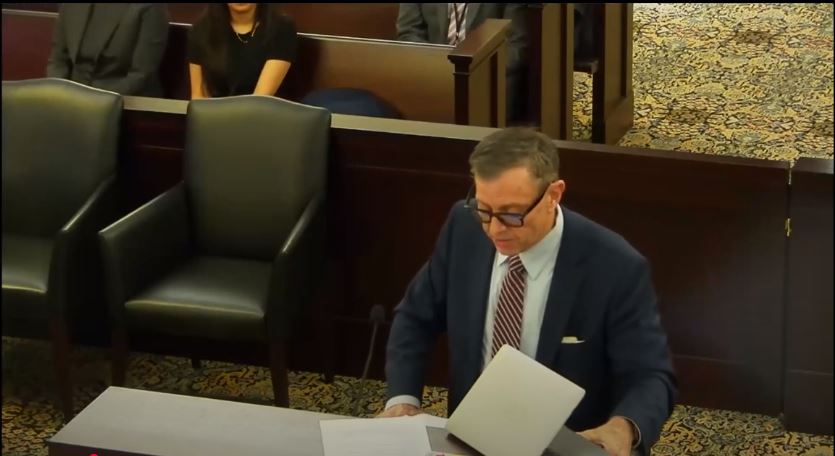Drone Surveillance and the Fourth Amendment: A New Case In a recent decision, the Michigan Court of Appeals held that...

Michigan Forfeiture News Articles
Can the police sieze your belongings and hold it without charging you with a crime?
Civil asset forfeiture is a legal process that allows law enforcement agencies in Michigan to seize property they suspect is connected to criminal activity, even if the owner hasn’t been charged with a crime. This practice has been controversial, leading to significant reforms in recent years.
Key Points:
News Article links
- Definition: Civil asset forfeiture permits authorities to confiscate assets believed to be involved in or resulting from criminal conduct without necessarily charging the owner.Mackinac Center
- Reforms: Michigan has implemented several reforms to address concerns about civil asset forfeiture:Mackinac Center
- 2015: Increased the standard of evidence required for forfeiture from “preponderance of evidence” to “clear and convincing evidence.” Mackinac Center
- 2016: Eliminated the requirement for property owners to post a bond before challenging a seizure. Mackinac Center
- 2019: Mandated a criminal conviction or plea agreement before forfeiting property valued under $50,000 in drug-related cases. AP News
- 2022: Amended laws to allow forfeiture of assets over $20,000 at airports without a criminal conviction. Mackinac Center
- Recent Developments: In 2023, a federal court ruled that Wayne County’s vehicle seizure program violated constitutional due process rights, highlighting ongoing concerns about forfeiture practices. Mackinac Center
- Statistics: In 2022, Michigan law enforcement agencies seized over $10.2 million in cash and conducted nearly 4,000 forfeitures. Notably, more than 150 individuals lost property without being charged, and another 100 without a conviction. Mackinac Center
- Criticism: Critics argue that civil asset forfeiture can lead to abuses, disproportionately affecting innocent individuals and marginalized communities.
- Advocacy for Change: Organizations like the Mackinac Center for Public Policy advocate for ending civil asset forfeiture, suggesting that property should only be forfeited following a criminal conviction to better protect citizens’ rights. Mackinac Center
Understanding Michigan’s civil asset forfeiture laws is crucial, as they directly impact property rights and law enforcement practices. While reforms have been made, ongoing debates suggest that further changes may be necessary to ensure fairness and protect citizens’ rights
More Articles

Michigan Forfeiture
Property that can be forfeited: Under Michigan law, the following property can be forfeited: Cash Vehicles Real estate...

Other Bodily Fluid House Hearing – HB-4391- Update 5-22-25
Michigan House HearingHB-4391 Saliva Test Update 5-22-25Watch the hearing or read the summary.Click here or image...

Criminal Law FAQs – Marijuana Offenses
Michigan Criminal Laws FAQs Marijuana OffensesFAQ 1: Is recreational marijuana legal in Michigan? Answer: Yes,...
More
Michigan Supreme Court Vacates Court of Appeals Ruling of State Anti-Terror Statute
Michigan Supreme Court Vacates Court of Appeals Ruling, Temporarily Preserves State Anti-Terror StatuteIf you are charged with a crime you're part of the State of Michigan family now. Call us - Because you don't want to be a part of that family. Komorn Law (248)...
Free Speech, Terror and Michigan Law
Michigan Supreme Court Vacates Court of Appeals Ruling, Temporarily Preserves State Anti-Terror StatuteIf you are charged with a crime you're part of the State of Michigan family now. Call us - Because you don't want to be a part of that family. Komorn Law (248)...
Judge finds marijuana testing facilities run by ex-cops violated testing results
Viridis Laboratories has faced ongoing allegations of exaggerating THC levels while minimizing the potential risks associated with cannabis.If you are charged with a crime you're part of the State of Michigan family now. Call us - Because you don't want to be a part...
Domestic Violence Conviction Prohibits Gun Ownership
No Second Amendment Rights For YouIf you are charged with a crime you're part of the State of Michigan family now. Call us - Because you don't want to be a part of that family. Komorn Law (248) 357-2550A federal judge in Michigan has ruled that a man with a prior...
Update on Michigan’s Sick Time Act (Small Business Compliance)
Small Business Compliance Accrual Method: Employees accrue 1 hour of paid sick time forevery 30 hours worked, and unused paid sick time rolls over upto 72 hours, or 40 for a small business. Employers may limit theuse of earned sick time to 72 hours, or 40 for a small...
What Are Your Rights Before And After Arrest?
What are your rights before and after arrest?Generally, police require a search warrant to lawfully enter any private premises or to search electronic devices such as your phone or computer. If the police do not possess a search warrant, you are under no obligation to...













